Experts say the recent negotiations between Russia and Ukraine, mediated by the United States, have made no substantial progress. Ukrainians describe the talks as a failure due to Moscow’s refusal of any ceasefire, while Russians see it as the beginning of a new dialogue path with Washington. This debate comes as the war enters its fourth year amid daily battles exhausting both sides, increasing economic pressures on Moscow, and Kyiv’s continued reliance on Western military and financial support.
After two summits held this month, no real breakthrough occurred to stop the fighting, raising a key question: will future negotiations remain mere political displays, or could they pave the way for a more serious path toward ending the war?
Experts interviewed by Al Jazeera outlined conditions and visions that must be met before reaching a point to build serious negotiations that might lead to an exit from the war’s consequences.
A report by the International Crisis Group titled “After the Ukraine Summits” indicated that any political agreement will not hold unless based on facts related to the balance of power, summarized as follows:
The recent summits reveal a clear division in the parties’ positions, each interpreting results according to their perspective and goals brought to Washington.
Ukrainian diplomat Volodymyr Shumakov said the negotiations “failed because Russia does not want peace or even a ceasefire.”
He added to Al Jazeera that the key to the war lies solely with Russian President Vladimir Putin, affirming that U.S. President Donald Trump “is heavily biased toward Moscow and gives Putin a sense of impunity.”
On the other hand, Russian analyst Andrei Onteikov sees the recent talks as “opening a new door for dialogue between Moscow and Washington.”
He told Al Jazeera that Russian Foreign Minister Sergey Lavrov’s meeting with Trump helped clarify Russia’s position and pushed the U.S. president to talk about a “comprehensive solution” instead of just a ceasefire.
The disagreement extends beyond expected negotiation goals to the form of settlement that negotiators can trust and build upon.
Shumakov confirms Kyiv seeks peace “even if through freezing the conflict along contact lines at minimum,” but excludes any constitutional concessions by Ukrainian President Volodymyr Zelensky, adding that “Putin does not want only the Donbas region but aims to control all Ukraine and change its political system.”
Conversely, Onteikov expresses the Russian view of a possible settlement, seeing a ceasefire alone as temporary. Moscow wants “a lasting peace that removes the crisis roots,” which requires, according to him, Ukrainian troop withdrawal from Donetsk, Luhansk, Zaporizhzhia, and Kherson, reduction of the Ukrainian army, and guarantees that Kyiv will not join NATO or the EU.
Talks of concessions from both sides open a door for the U.S. mediator to bridge gaps and build trust. J.D. Vance, U.S. vice president of NBC, said, “The Russians have made significant concessions to President Trump for the first time in three and a half years,” noting Moscow’s willingness to show flexibility on some core demands.
However, the vision for a settlement remains distant. Onteikov mentions “land swaps” as a possibility, while Shumakov stresses that “any concession will encourage Russia to expand more,” noting Ukraine has made some battlefield gains in Donbas, while Moscow controls about 20% of the territory with heavy human losses.
Regarding security guarantees encouraging an agreement, the International Crisis Group report concluded any realistic deal might include Ukraine accepting loss of some territory in exchange for maintaining a strong army and long-term Western support, gradual easing of sanctions on Russia, and international monitoring mechanisms.
The report also emphasized the real challenge is convincing parties that peace is better than continuing war, while the Russian president’s stance on Ukraine’s sovereignty remains undecided, and the active U.S. role in negotiations is essential to make peace more acceptable to both sides.
Ukrainian analyst Shumakov sees the West providing strong guarantees to Kyiv through military and economic support, allowing the Ukrainian army to withstand and retake major cities like Kyiv, Kharkiv, and Kherson.
In contrast, Russian analyst Onteikov warns against neglecting Moscow’s guarantees, noting the Russian foreign minister proposed an international mechanism including the U.S., Europe, and China to provide mutual commitments, stipulating these guarantees should not mean more armament for Kyiv.
In February 2022, Russia launched a large-scale military attack on Ukraine and now controls about 20% of its territory, including Crimea, which Moscow annexed unilaterally in 2014.
The conflict has killed or injured hundreds of thousands of soldiers and civilians on both sides, displaced millions, destroyed cities and towns in eastern and southern Ukraine, and triggered the biggest crisis in relations between the West and Russia since the Cold War.



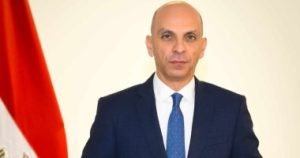

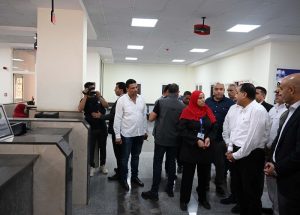
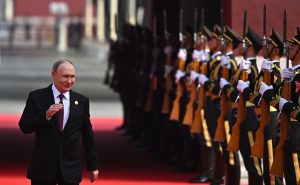
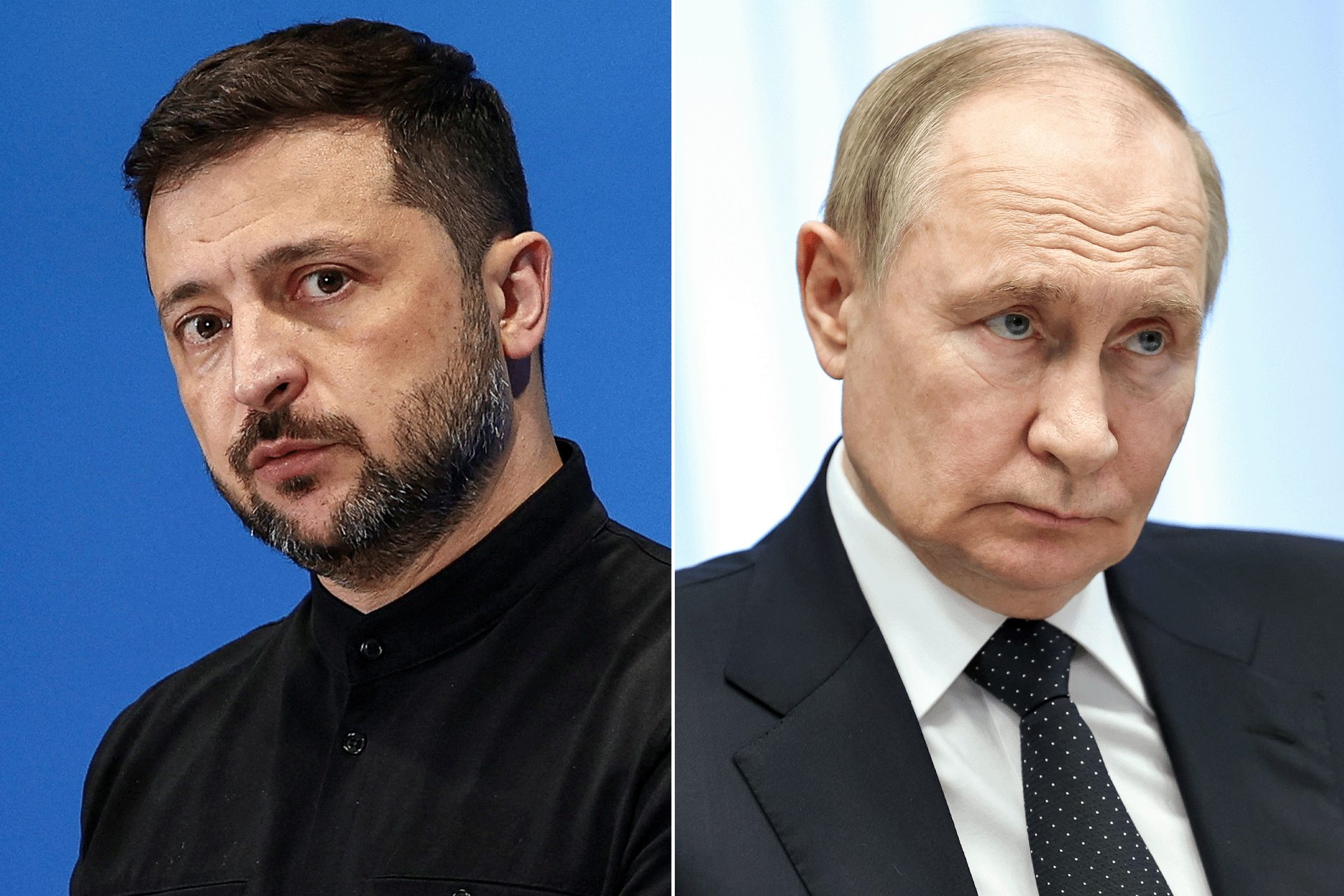
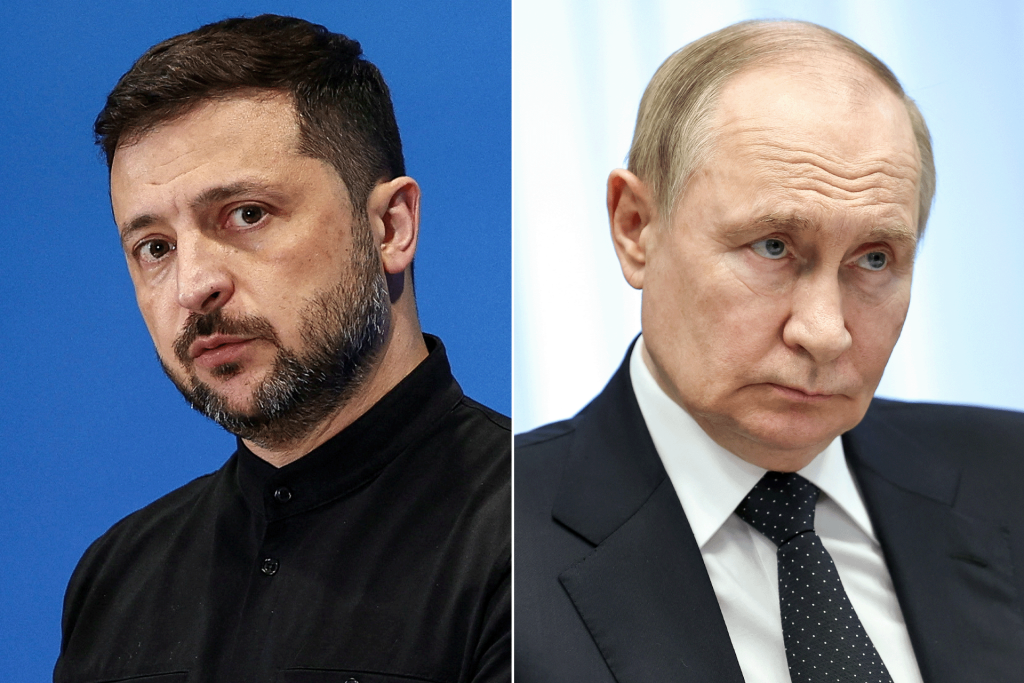




Recommended for you
Talib Al-Rifai Chronicles Kuwaiti Art Heritage in "Doukhi.. Tasaseem Al-Saba"
Exhibition City Completes About 80% of Preparations for the Damascus International Fair Launch
Unified Admission Applications Start Tuesday with 640 Students to be Accepted in Medicine
Egypt Post: We Have Over 10 Million Customers in Savings Accounts and Offer Daily, Monthly, and Annual Returns
His Highness Sheikh Isa bin Salman bin Hamad Al Khalifa Receives the United States Ambassador to the Kingdom of Bahrain
Al-Jaghbeer: The Industrial Sector Leads Economic Growth